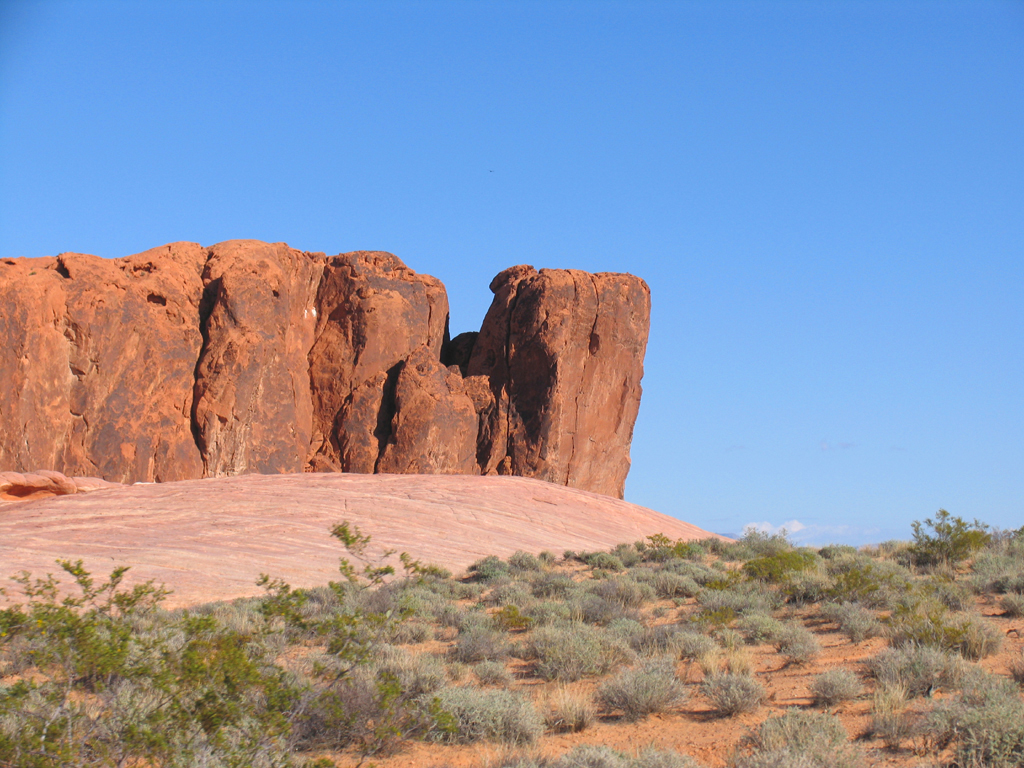Desert islands are a popular backdrop for jokes. Once a Jew was discovered on a desert island. The fellow who finds the Jew surviving on tropical fruit and living in a bamboo hut notices that he has also built two other huts. “Those are synagogues,” the Jew explains. “But why do you need two of them?” the fellow wonders. The Jew answers, “This one is the synagogue I pray in, and that one is the synagogue I don’t pray in!”
* *
People often don’t appreciate the cardinal importance of finding the ultimate spiritual master. They assume that anyone who knows a fair amount more than they do will suffice. “If I am a humble layman,” they rationalize, “shouldn’t a simple rabbi be enough?”
This couldn’t be further from the truth. Rebbe Nachman observes that the sicker a patient is, the greater a doctor he needs. If someone suffering from a potentially terminal illness chooses to be treated by his family doctor, is he not considered insane? The GP might even do more harm than good, and be considered extremely negligent!
If this is true of our physical, finite life, how much more true is it of our eternal, spiritual health and our ultimate tikkun? For that, you need a doctor of the spirit, a Tzaddik.
But here’s where it gets complicated. You set out to discover the Tzaddik who can guide you, only to encounter conflicting opinions and arguments about the various Tzaddikim out there. You may conclude, “You can’t believe in anyone. After all, I understand and agree with the arguments of this side, and I also understand and agree with the arguments of the other side. So I will agree with both of them, and not believe in anyone!” Especially today, due to the proliferation of online media, this pessimistic attitude has become very dominant.
However, the true answer to this problem is alluded to in the words of our parashah: “The seventh day will be holy for you; it is a Shabbat of complete rest to God” (Exodus 35:2).
Shabbat is like a desert island. It’s a day when we disconnect from the illusion that we are the ones in charge and recognize God’s kingship and the true spiritual reality of our existence. And the Tzaddik is the one who teaches us how to manage our everyday involvement with this physical world and transform every action into something spiritual. Therefore the Tzaddik and Shabbat are interlinked.
Our Sages present the scenario of someone traveling in a desert who loses track of the days of the week. How should he observe Shabbat when he’s not sure when it is? Our Sages teach that he should treat every day as if it may be Shabbat, and limit the melakhah (creative work) he does to actions that are needed for survival. He should also count six days from the time he lost track of the days, and observe Shabbat on the seventh day, making Kiddush and Havdalah and refraining from melakhah (Shabbat 69b).
This teaching can also be applied to the Tzaddik. If we’re not sure who the true Tzaddik is, we should believe in all Tzaddikim! And as much as possible, we should limit our involvement with material concerns to “matters of survival” only. However, we must also “make Kiddush and Havdalah” – we must also proclaim the seventh day holy and separate. Each person should designate one Tzaddik as being holy and special to him, and follow his teachings and guidance to attain his personal tikkun.
Based on Likutey Halakhot, Shabbat 4:13
A Gutn Shabbos! Shabbat Shalom!

